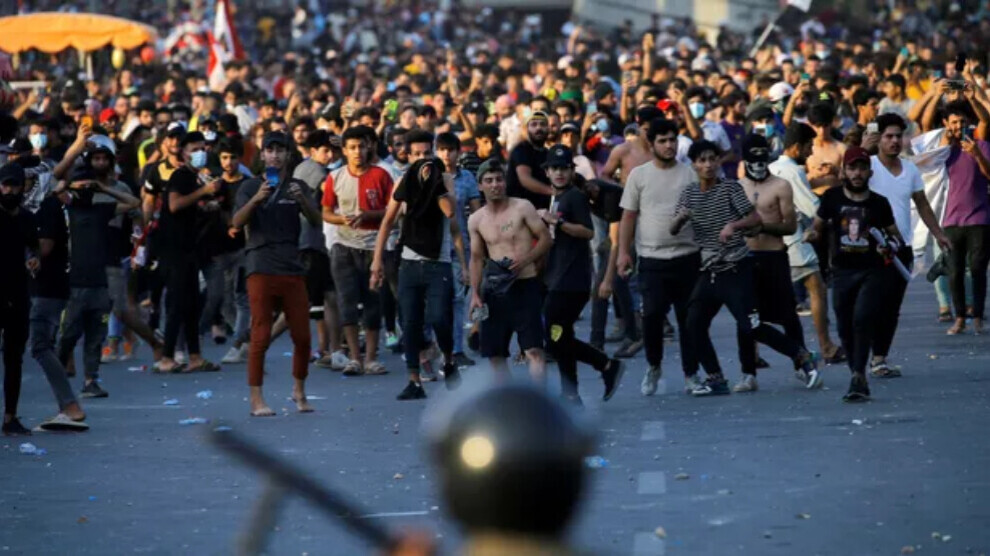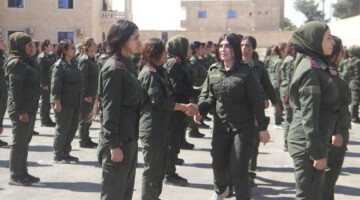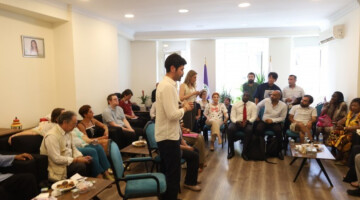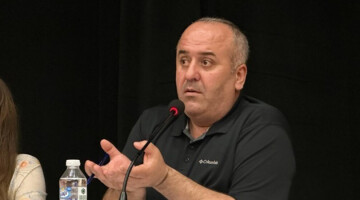Tens of thousands of protesters, most of them Iraqi youth, took to the streets in October 2019 to decry corruption of the then-prime minister Adıl Abdulmehdi’s government, poor services and unemployment in major cities in the south of the country. Thousands of people took to the streets of the capital again on Tuesday (March 25).
The activists voiced the same problems and demands in 2019. The actions address anti-corruption, unemployment, assassination attempts against activists, poor services and income gap across regions.
Using weapons, security forces intervened in the demonstrations that resumed on Tuesday at the Tahrir Square in capital Baghdad.
Security forces used real bullets to disperse the demonstrators. At least 2 people were killed, and 26 people were injured.
The demonstrators responded to the fatal police intervention by setting caravans used by the security forces on fire.
More than 500 people died during the demonstrations that started on October 1, 2019, to protest unemployment, corruption and poor public services.
The demonstrations spread to the capital Baghdad and Basra, Najaf, Kerbela, Meysan, Mussena, Vasit, Zikkar Nasiriye, Divaniye and Kazimiya cities in the south of the country and the activists exercised control over several cities.
50 people were killed in a single day by the security forces after the Iranian embassy was set on fire in Najaf.
Over 20 thousand people were injured during the demonstrations.
Prime Minister Adıl Abdulmehdi had to resign on November 29, 2019 as the reactions intensified.
However, Abdulmehdi remained in office since a new government could not be established until May 2020. Mustafa al-Kadhimi formed a new government in May 2020. Kadhimi tried to persuade the demonstrators by promising to eliminate unemployment, fight corruption effectively, eliminate poor services, find and try assassins, and hold early elections as soon as possible. Promises have not yet been kept like was the case with the previous governments.
Kadhimi had promised early elections twice before to fulfill the demands. However, he changed his mind and decided to hold elections next September. This decision of Kadhimi and a report published by the Human Rights Watch (HRW) have sparked public reaction and the activists have taken to the streets again.
The HRW report revealed that one third of the assassinations occurred during Mustafa al-Kadhimi’s government. The report also pointed out that there were armed groups behind the assassinations and that these groups had representatives in the parliament.













